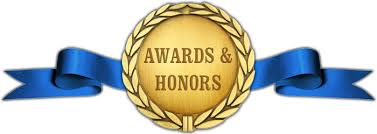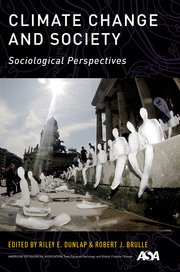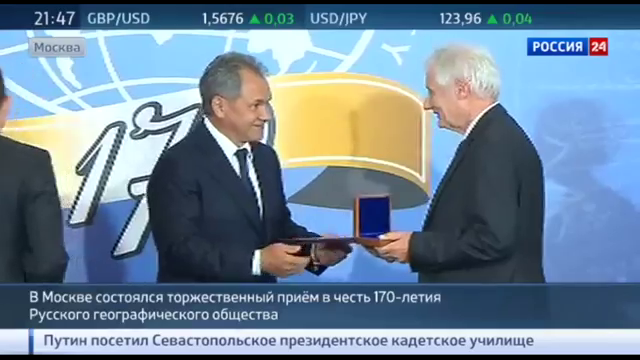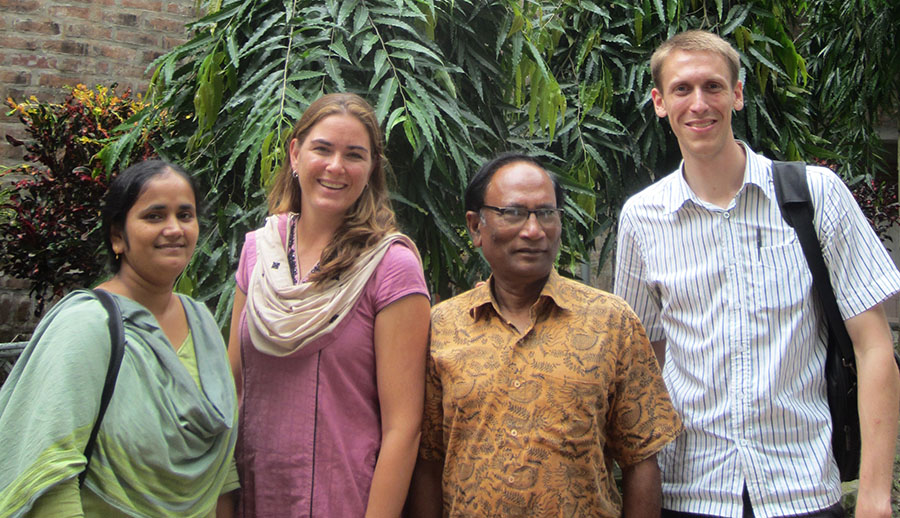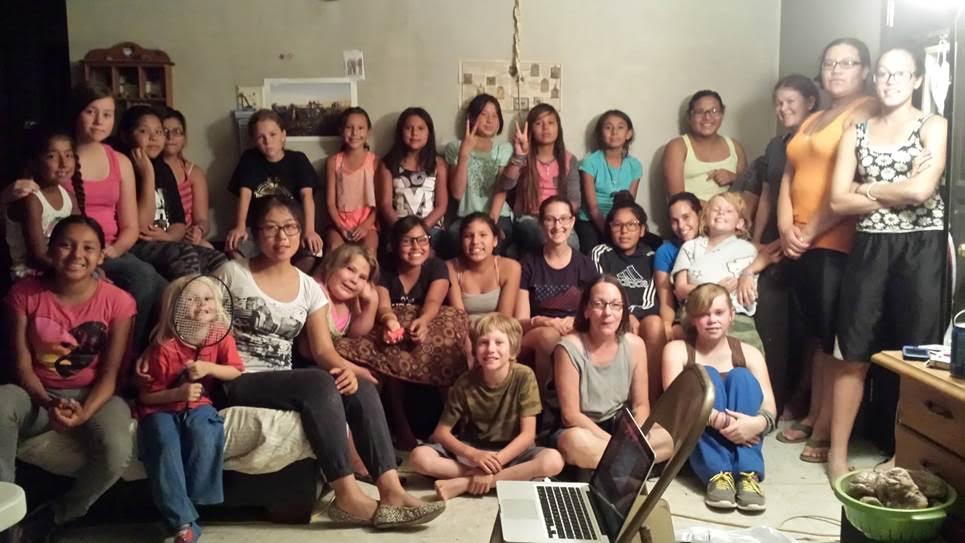- • Liesel Ritchie (2!)
- • Fernando Riosmena
- • Rick Rogers
- • Terry McCabe
- • Courtney Welton-Mitchel
- • Bruce Goldstein
- • David Pyrooz
- • Kathleen Tierney
- • Fred Pampel – Renewal of CUPC Grant
- • Kathleen Tierney – Renewal of the Hazards Center grant
News
All news items, blog posts, and feature stories.
Kudos — Fellowships and Student Grants
NSF GRFP :
- • Last year: 9 students completed the workshop and 4 received awards, including Bethany Riggles and Michael Burdis
- • This year: FIFTY are signed up for it!
Nnenia Campbell was awarded an ASA Minority Fellowship and Federal Alliance for Same Homes Social Science Scholarship
Jamie Vickery – Graduate Education Diversity Intern
Prizes and Awards
- • Sanyu Mojola – Book award: -ASA Gender Section award for Love, Money and HIV: Becoming a Modern African Woman in the Age of AIDS
- • Dick Jessor – Doctor of Science, honoris causa, awarded by Regents of the University of Colorado, June 2015
- • Jane Menken – Outstanding Faculty Mentor Award CU 2015
- • Stef Mollborn – Provost’s Faculty Achievement Award and Boulder Faculty Assembly Excellence in Teaching Award
- • Jason Boardman & Jani Little – VCR Prize for best data management plan
- • John O’Loughlin – Semenov-Tyan-Shansky gold medal for research on Russia. He’s the first foreigner in more than 100 years to win this award.
Suicide Methods Linked to Drugs
“The postmortem presence of opiates was associated with a 92 percent increase in the odds of suicide by firearm relative to the odds of suicide by hanging,” says study co-author Jason Boardman, director of the Health and Society Program at the Institute of Behavioral Science, and a professor in the Department of Sociology.
Read more at: College of Arts and Sciences
Social Factors Outweigh Genetics in Educational Attainment
A first-of-its-kind, nationally representative study of siblings supports previously published research on unrelated individuals that links specific genotypes to educational attainment among adults in their mid-20s to early 30s.
Read more at: CU News Center Social Sciences
Kathleen Tierney and Lori Hunter Co-Author Chapter on Climate Change
Kathleen Tierney and Lori Hunter are authors of a key chapter on adaptation to climate change in a new book on climage change and society. Their chapter is: Chapter 6: Adaptation to Climate Change. JoAnn Carmin, Kathleen Tierney, Eric Chu, Lori M. Hunter, J. Timmons Roberts, and Linda Shi
There’s a hashtag for the book — #ClimateandSociety
John O’Loughlin Recieves Award from Russian Geographical Society
John O'Loughlin was presented the highest research award of the Russian Geographical Society. The award was presented to Johno by Minister of Defense Shoigu, president of the Society. Below is a link to a youtube of the presentation.
IBS Students Boast Impressive Collection of Prestigious Fellowships, Grants
by Paul McDivitt
Students associated with the Institute of Behavioral Science (IBS) have recently been awarded several competitive fellowships and grants to help with their graduate education, research, and dissertation work.
"I had been checking the status of my application neurotically for months," said Robbee Wedow, an IBS student who recently received the prestigious National Science Foundation Graduate Research Fellowship.
Wedow went to the website portal one day and noticed that the site's greeting had changed from "Welcome Applicant" to "Welcome Fellow." He was shocked and confused because he had yet to receive an official email, so he called the fellowship hotline to make sure it wasn’t a mistake. They said they had accidentally changed the website portal the day before sending out the email, and that he had in fact been awarded the fellowship.
"After my head stopped spinning, I was just overwhelmingly grateful and euphoric for weeks," said Wedow.
Gene-Environment Interactions
Wedow, entering his third year at IBS, studies the role of genetics in health behavior. For example, his recent focus is on the relationship between subjective health assessment and objective health measures, such as perceived weight status and objective Body Mass Index, with an emphasis on the underlying genetic contributions to health and weight identity.
Hispanic Neighborhoods and Chronic Disease
Emily Steiner, an IBS student pursuing a PhD in sociology, also received the NSF fellowship.
"It's really a game changer for graduate careers," she said. "The fellowship not only provides three years of full funding for graduate students to focus on their own research, it's also a prestigious honor that will hopefully open doors to more great opportunities in the future."
Steiner is currently finishing up her dissertation, which looks at what she calls the "Hispanic Health Paradox."
"In many of the health surveys that are collected in the United States, Hispanics as a group have better health than other racial and ethnic groups across a number of health outcomes," she said. "This is paradoxical because, on average, Hispanics have lower socioeconomic status (SES), and low SES is typically related to poor health."
Steiner is expanding upon previous research that has shown that Hispanic neighborhoods have certain characteristics that help to stave off chronic diseases, such as high blood pressure and cholesterol. She will be surveying and interviewing residents in Hispanic neighborhoods in Denver to learn more, and credits the fellowship with enabling this in-depth research.
"Going forward, it will provide the flexibility for me to conduct fieldwork in Denver for my dissertation and the time to take additional coursework," said Steiner.
Inmate Health in U.S. Prisons
Kathryn Nowotny received both the National Institute of Health Ruth L. Kirschstein National Research Service Award Fellowship and an NSF Dissertation Improvement Grant.
"The fellowship has been great because it gives me the time to focus exclusively on research – both my independent dissertation research and my collaborative research with faculty at CU and other universities – as well as time for additional training to support my research," she said.
Nowotny's dissertation is looking at how incarceration influences health in U.S. prisons, identifying factors that link imprisonment to morbidity and mortality. She's also studying how, and if, inmates utilize prison health services. The NSF grant helped pay for four statistics workshops and a trip to a secure data enclave that she says will help improve her dissertation analysis.
Arsenic Contamination in Bangladesh
Chris Jochem also received both a graduate research fellowship and a dissertation improvement grant.
Using data from an IBS-led project, Jochem's dissertation explores the social and spatial patterns of exposure to arsenic-contaminated drinking water in Bangladesh, and the human health impacts of that exposure. The NSF fellowship allowed him to spend over 20 months in Bangladesh helping with the fieldwork and data collection for the project. The dissertation improvement grant, also from the NSF, funded an additional month in Bangladesh, as well as a week-long class in South Carolina to learn advanced statistical methods that he'll apply to the project.
"I'm passionate about my work and I hope that my research on arsenic can help improve conditions in Bangladesh," he said. "The grant provides support to help me make my project the best it can be as I work toward this goal."
IBS Community
All four students credited IBS faculty, staff, and fellow students with helping them get these important awards.
"I wouldn't have been able to get this grant without the people and resources that come together at IBS," said Jochem. "Everyone here is incredibly supportive and they push me to do my best work always."
Steiner is thankful for the workshops, writing groups, graduate student poster sessions, and panel discussions that IBS hosts.
"I have benefited so much from these opportunities," she said. "Since I joined the IBS community three years ago, I've been amazed by the ability of the institute to foster a community of shared learning and support."
Steiner and a few of the other NSF fellowship recipients decided to return the favor by designing a workshop to help other IBS students apply, and the institute sponsored it.
"Last year was the first year of the workshop, and four of our nine participants received the competitive fellowship," she said. "More than anything, this example reflects an environment where we use our successes to bolster and build the capacity of others, and I feel so lucky to be a part of it."
Nowotny agrees.
"I feel extremely supported and will be forever grateful to all of the faculty and staff at IBS that have helped me," she said. "I wouldn’t be where I am today without them."
Undergraduate Student Gains Research Experience
by Paul Mcdivitt
While most of her peers are enjoying a break from the rigor of academic life this summer, undergraduate integrative physiology major Carly Ratekin has other ideas.
"I'm somebody who has to stay busy," she said.
Ratekin is working on an IBS project with Dr. Lori Hunter this summer, thanks to an Undergraduate Research Opportunity (UROP) grant from the university. She took Hunter's introduction to sociology course, and was fascinated by Hunter's research studying natural resource-based livelihoods in rural South Africa. She reached out to Hunter, and they worked together to secure the UROP grant for her to work at IBS this summer.
"UROP grants are a fantastic mechanism through which undergraduates can participate in faculty research and also create their own projects," said Hunter. "Supporting engaged, motivated undergraduates in this way deepens their educational experience, helps with critical thinking and potentially creates future researchers."
Hunter has been collaborating with Dr. Wayne Twine of the University of the Witwatersrand in South Africa for about the last decade on public health studies at the Agincourt Health and Demographic Surveillance Site. In addition to Hunter and Ratekin, graduate student Miriam Counterman also works on the project.
"It's been great to see the whole process," said Ratekin. “To see what it's like to do research.”
Ratekin is using statistical software to analyze survey data that Hunter and others collected in 2012. In addition, Ratekin conducted an extensive literature review related to the work.
"We're trying to better understand how households in rural South Africa combine a suite of activities to make ends meet," said Hunter. "By better understanding which combination of activities most enhance well-being, we hope to inform programs and policies aiming to increase household resilience."
Many of the households they study rely on their natural environment for food and materials that they use to make household items and products they can sell for income, such as baskets or reed mats. Categorizing these households based on factors such as how much land they own and farm, and whether or not they own livestock, could help government programs better target those who need assistance.
"Hopefully we'll be able to get typologies of households," said Ratekin. "From there we'll be able to see which ones are more or less food secure, and then give that information to governmental agencies to help households."
The importance of the work keeps her spirits up while she's programming.
"Being able to help people is my motivation," said Ratekin. "Hopefully we'll see some sort of outcome that will be able to get resources to people who really need it."
She hopes to do a related project for her honors thesis in integrative physiology, possibly looking at the effect of natural resource-based livelihoods on childbirth weight.
In addition to her academic pursuits, Ratekin volunteers at Planned Parenthood on a regular basis, and recently spent a week teaching at a science camp for kids on the Pine Ridge Indian Reservation in South Dakota. She also enjoys hiking, and tries to hike every Friday. She's summited two "fourteeners" (mountains with elevations higher than 14,000 feet) already this year.
Ratekin, who will begin her junior year at CU-Boulder in September, is planning to apply to medical school or a master's program in public health after graduating.
"Carly is curious, smart, motivated, hard-working, organized and all-in-all, an absolutely delightful collaborator," said Hunter. "She will succeed in whatever she chooses for her future."


